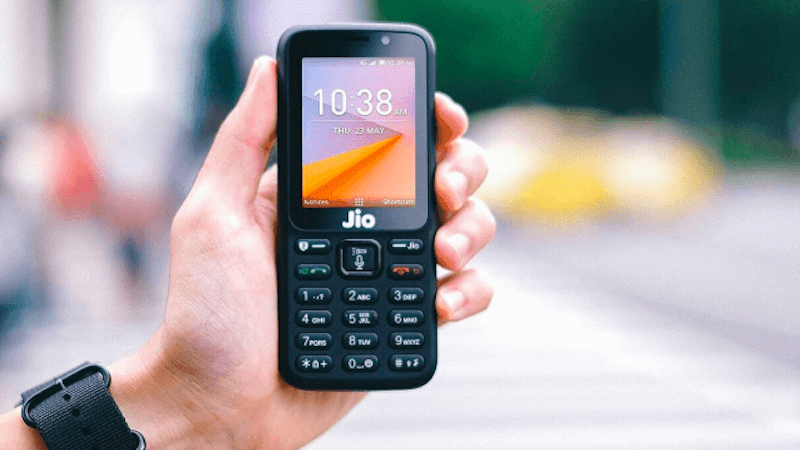Change in IUC Regulations Since 2017 As per the opinion of the analysts, Reliance Jio has already become the top telecom operator by revenue market share (RMS), and it is on the course of becoming the revenue net gainer with the current IUC regulations. It is also the case that most calls will terminate on the Jio 4G network and this would be because of Jio’s leadership in the voice minutes and the continuous increase in market share. To recall, back in 2017, the Telecom Regulatory Authority of India (Trai) had reduced the IUC by 57% down to 6 paise. But, now the Trai is scraping these rules in 2020. This means that Reliance Jio would not have anything to gain from this as Airtel and Vodafone Idea would not have to pay interconnect usage charges. If you don’t know, IUC is paid by the call originating telco to the destination operator. A Jio executive said about this development, “Jio’s average revenue per user (ARPU) does not recognise IUC. At a time when the world is moving towards IP based technologies, the cost of voice has come down to a fraction of a paisa and customers should enjoy this advantage.” Reliance Jio’s Call Minute Market Share Climbs Up Rajiv Sharma, co-head of research at SBICap Securities said about this development, “Jio’s termination costs (read: IUC outgo) have started coming down sharply,” he further added that this is because of the rapidly growing market share. He pointed out that as the subscriber share grows, IUC will become a potential source of revenue for the Mukesh Ambani led telecom operator. Back in 2017, the industry was divided into two sides regarding the change in IUC regulations as Bharti Airtel, Vodafone India and Idea Cellular opposing the new rules and Trai and Reliance Jio supporting the new rules. During that time, the other telcos having 60% of subscribers and having most calls ending on their network had to pay increased IUC. In contrast to that, Reliance Jio was a small player in comparison. But come September 2018, Jio’s minutes market share had gone from 27.2% to 35.74%, whereas Airtel and Vodafone Idea’s share went from 35.4% and 37.33% to 33.5% and 30.74% respectively.
